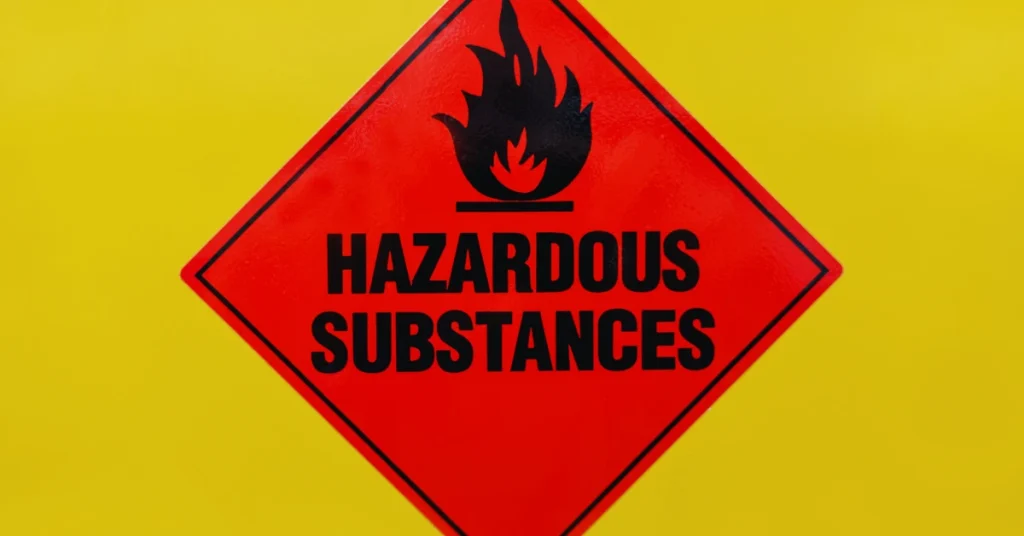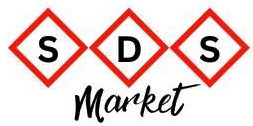FAQ - (MSDS - SDS preparation frequently asked questions)

Frequently Asked Questions about SDS, MSDS, GBF, and Chemical Registrations
This page answers frequently asked questions about MSDS – SDS preparation, including MSDS – SDS requirements and chemical safety guidelines.
MSDS – SDS preparation frequently asked questions
What is an SDS (Safety Data Sheet)?
An SDS is a document that provides essential information about a chemical’s properties, hazards, handling, and emergency measures. It is crucial for ensuring safety in the workplace.
How do SDS and MSDS differ?
SDS (Safety Data Sheet) is the current term used in the EU and globally, while MSDS (Material Safety Data Sheet) is an older term. SDS follows a standardized format, ensuring consistent information.
Why is it necessary to have an SDS for chemical products?
An SDS is required by law in many regions to ensure that users have access to vital safety information about hazardous substances.
What key information is required in an SDS?
Key information includes the chemical’s identity, hazards, safe handling instructions, emergency measures, and disposal guidelines.
What is GBF and how is it related to SDS?
GBF (Güvenlik Bilgi Formu) is the Turkish equivalent of an SDS. It provides similar information tailored to comply with Turkish regulations.
Who is responsible for preparing SDS documents?
Manufacturers and importers are generally responsible for preparing SDS documents for the chemicals they produce or import.
What are the legal requirements for SDS in Turkey?
In Turkey, the legal requirements for SDS are outlined in the KKDİK regulation, which mandates the preparation and submission of SDS for hazardous chemicals.
How frequently should SDS documents be updated?
SDS documents should be updated whenever new information becomes available or at least every three years to ensure compliance with current regulations.
What are the consequences of not having an SDS?
Not having an SDS can result in legal penalties, increased liability, and potential harm to employees due to lack of safety information.
What is the KKDİK regulation?
KKDİK (Kimyasalların Kaydı, Değerlendirilmesi, İzni ve Kısıtlanması) is a Turkish regulation that requires the registration of chemical substances to ensure their safe use.
How do I register chemicals under the KKDİK regulation?
To register chemicals, you must submit the required documentation and data to the Turkish Ministry of Environment and Urbanization.
What types of chemicals require registration under KKDİK?
All chemical substances, including hazardous and non-hazardous, require registration under KKDİK if they are produced or imported in Turkey.
What is biocidal product registration?
Biocidal product registration involves obtaining approval for products that control harmful organisms, ensuring they meet safety and efficacy standards.
How do I register biocidal products in Turkey?
You must submit a registration dossier to the Turkish Ministry of Health, providing necessary data on the product’s safety and efficacy.
What are the requirements for cosmetic product registration?
Requirements include a cosmetic product safety report, labeling information, and proof of compliance with Turkish regulations.
What documents are needed for chemical registration?
Required documents typically include safety data sheets, risk assessments, and product specifications.
How can I ensure compliance with biocidal regulations?
Compliance can be ensured by staying updated on regulatory changes, conducting regular safety assessments, and maintaining accurate documentation.
What is the role of ECHA in chemical registrations?
ECHA (European Chemicals Agency) oversees the implementation of chemical regulations in the EU, providing guidance for compliance.
What is the process for updating an SDS?
The process involves reviewing the current SDS, identifying new information, and revising the document to reflect changes.
Are there specific formats required for SDS?
Yes, SDS must follow a standardized format according to the CLP (Classification, Labelling, and Packaging) regulation in the EU.
© SDS MARKET All Rights Reserved.
